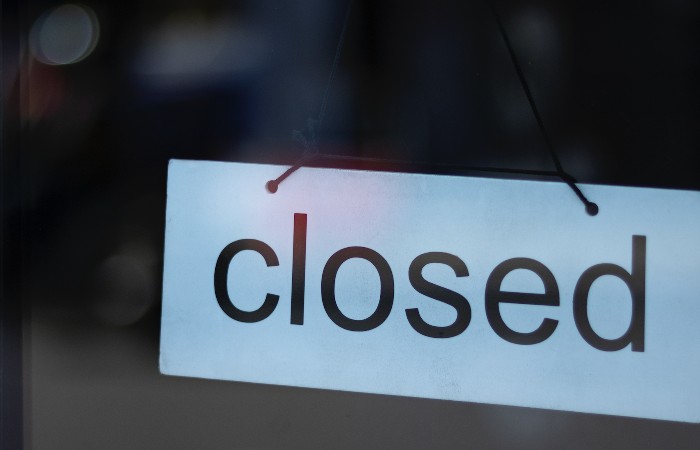GPhC: We don't investigate pharmacy closures or get involved in locum rates
In News
Follow this topic
Bookmark
Record learning outcomes
By Neil Trainis
The General Pharmaceutical Council has issued a stark reminder that it is not responsible for investigating why pharmacies close early or fail to open, and that it has no role in locum rate disputes.
The regulator stressed in a statement released on Friday that although it is committed to working alongside stakeholders to understand the reasons behind closures, which it said was “distressing for all involved and potentially may raise concerns for patient safety”, they were “financial, commercial, labour market and contractual factors” rather than regulatory ones.
A public disagreement on why branches of some pharmacy multiples have shut their doors recently broke out between the Company Chemists’ Association, which insisted there was a workforce shortage, and the Pharmacists’ Defence Association, which claimed closures were caused in part by the unwillingness of some employers to pay agreed locum rates.
The GPhC, which has been accused by the PDA of failing to crack down on big pharmacy chains, said pharmacy owners are required to notify NHS England or the local NHS board’s community pharmacy teams in Scotland and Wales if one of their branches has to close or does not open at all during its contracted opening hours.
“We do not have a direct role in relation to authorising, logging or investigating pharmacy closures, nor in monitoring opening hours. There are established procedures for reporting pharmacy closures to the relevant NHS organisation in each country,” the GPhC said.
However, the regulator insisted pharmacy owners and pharmacy professionals must meet its standards “at all times including when managing closures of pharmacies.”
“Where a pharmacy has to temporarily close, we would expect the pharmacy to make sure that they have made arrangements so that patients can get the medicines and pharmaceutical care they need,” the GPhC said.
“It is essential that the pharmacy also communicates these plans to appropriate stakeholders (including local GP practices, other local pharmacies who may be affected, addiction services, etc.) and to the relevant NHS organisations.”
The GPhC said it will look into concerns that owners and pharmacy professionals are not meeting its standards when closing a pharmacy. On locum rates, it said it does not have “a regulatory role” since it is a matter for the individual locum and pharmacy owner or locum agency.
“This is an important element of a free-market arrangement. It would be inappropriate for the GPhC as the pharmacy regulator to play a part in setting or influencing locum rates,” the regulator said.
However, the GPhC provided another reminder that it is unlawful for pharmacy owners, agencies or locums to try to “manipulate market rates and inhibit free market conditions, for example by working with others to fix rates”. Those doing so, it said, should be reported to the Competition and Markets Authority.
“As well as being unlawful, any such activity could undermine public confidence in pharmacy or even potentially affect patient safety,” the GPhC said.
“Both pharmacy owners and pharmacy professionals must make sure they are meeting our standards at all times, including when arranging locum bookings.”

